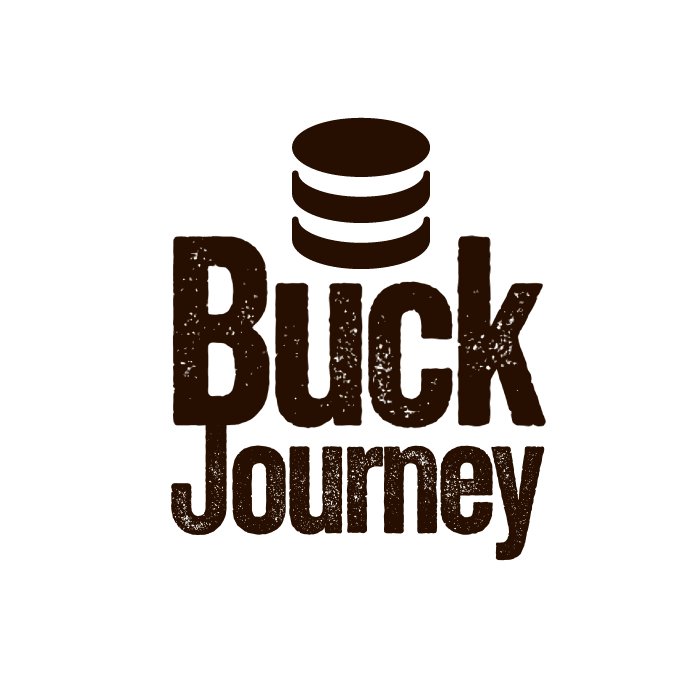Unlocking the Potential of Your Ecommerce Business with the Right Funding Strategy
Every successful online venture needs a solid ecommerce funding strategy to thrive in today’s market. With the ecommerce industry projected to be worth a staggering $57.22 trillion by 2032, now is the time to invest in your growth.
Whether you’re just starting out or looking to take your business to the next level, the right funding can make all the difference. It can help you expand your product line, target new markets, and elevate your marketing efforts.
There are countless funding options available, each with its own set of pros and cons. From Shopify Capital to merchant cash advances, revenue-based financing, and more, the key is finding the perfect fit for your unique needs.
Exploring the Most Popular Ecommerce Funding Models
- Shopify Capital: Get flexible funding for marketing, inventory, and more without relinquishing equity.
- Merchant Cash Advances: Access quick cash based on your revenue, but beware of high interest rates.
- Revenue-Based Financing: Borrow significant sums with flexible repayment based on your turnover.
- Business Credit Cards: Convenient for instant funding, but watch out for high interest rates and spending limits.
- Bank Loans and Lines of Credit: Offers low-interest rates, but may require extensive financial proof for approval.
- Grants and Equity Financing: Great for non-repayable funds, but be prepared to surrender some control over your business.
Choosing the Right Path to Ecommerce Funding Success
When deciding on the best funding model for your business, consider factors like your growth stage, risk tolerance, and revenue projections. Create a solid business plan, research your options, and seek professional advice if needed.
Real Stories of Ecommerce Funding Success
Companies like Prelude & Dawn and Hedoine have leveraged funding to scale their operations and achieve remarkable growth. With the right funding strategy, your business could be the next success story.
Embarking on Your Ecommerce Funding Journey
Accessing ecommerce funding may seem daunting, but it’s essential for staying competitive and driving growth. Evaluate your options carefully, weigh the pros and cons, and don’t hesitate to seek guidance along the way.
Frequently Asked Questions About Ecommerce Funding
A: Eligibility criteria vary by funding option and typically include industry experience, business registration, credit score, and revenue thresholds.
Q: How do repayment terms differ among funding options?
A: Repayment terms vary widely, from revenue-based to non-repayable grants with varying degrees of flexibility.
Q: Can small ecommerce startups access funding, and which options are best for them?
A: Small companies have funding options like credit cards, Shopify capital, equity investments, and grants, but eligibility is key.
Q: How does one apply for ecommerce funding, and what information is needed?
A: The application process varies, but expect to provide business registration, credit score, revenue details, and possibly a comprehensive business plan.










